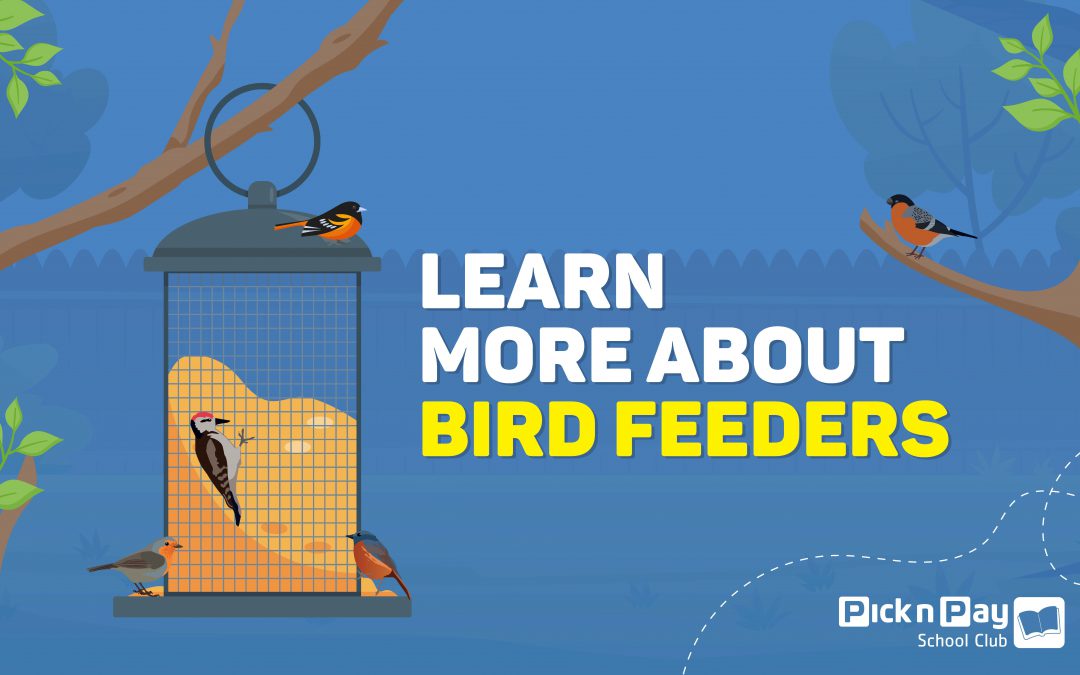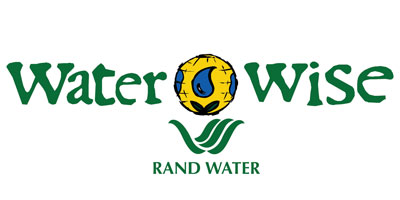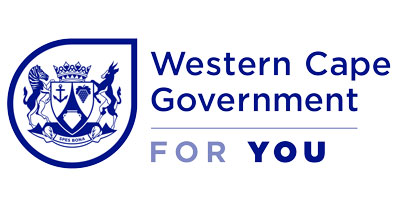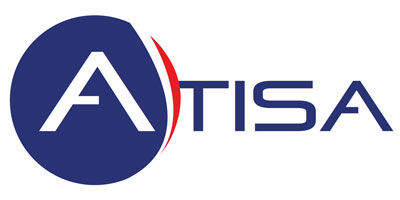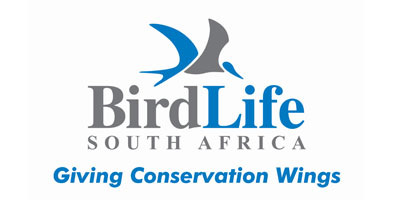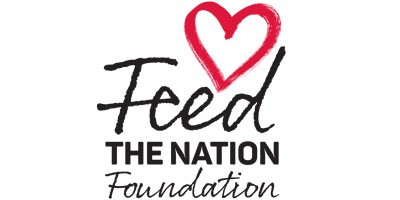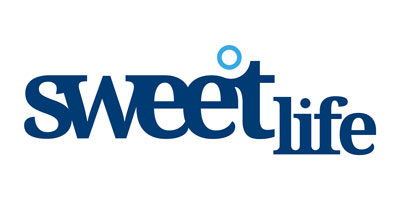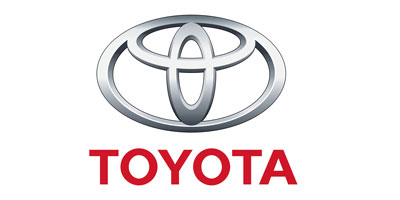Bird Feeders
Bird feeding allows people to easily attract wild birds into their surrounding environment. Bird feeders can be used to attract birds to your garden, complex, school, or neighbourhood. However, ensuring that birds are fed suitable meals is critical for supporting the presence and survival of these feathered friends.
Having a safe bird feeder:
Wild birds are interesting and there are different ways of attracting them to your garden with the correct use of a bird feeder. There are different kinds of bird feeders that come in all different shapes and sizes. While feeding wildlife is strongly discouraged, bird feeders are an exception and can be a valuable resource for birds, particularly in an urban or suburban setting.
Steps to follow when setting up a bird feeder:
- Location: Place the bird feeder away from buildings to avoid birds flying into windows. There should not be any cover over the bird feeder because this will obstruct the bird’s view of predators attempting to attack. The bird feeder should also be about 3 meters or more off the ground to reduce predation, particularly from domestic cats or dogs.
- Food selection: The food provided will need to be tailored to the kinds of birds you would like to attract to your garden. For example, seeds will attract granivorous birds such as sparrows or weavers, while fruit will attract frugivores such as barbets or mousebirds. Different bird species will prefer different seeds; sunflower seeds are the most favourable among birds. Ensure that you feed the right food for the species you want to attract and only put out food that is nutritious for birds. Remove mouldy or rotting food from the feeder.
Good foods to include on your bird feeder:
- Fruit: Great options to give to birds are grapes, citrus fruits, squash, pumpkin, tomatoes, melons, mango, and other berries.
- Suet: This is a protein and fat-rich substance that is used by many woodpeckers, hoopoes and barbets. Suet can be bought from your local butcher and cooked into balls for the birds using several recipes available online. You can also purchase suet blocks/balls from most bird food stores.
- Seeds: Small millet seeds will attract small granivores such as the finch and waxbill species, while larger grains will be more attractive to doves, weavers, and sparrows.
- Water: One of the most important things you can provide to your garden birds is fresh, clean water. Birds rely heavily on access to water and ensuring that any birdbaths are cleaned out once a day is a good way to prevent the spread of disease and other pathogens. Make sure the water is shallow enough that birds can bathe easily in it without drowning.
Foods to not include on your bird feeder:
- Bacon or fatty meat: It might sound like a very good idea to give wild birds protein and fats. But this is not good. Bacon or any processed meat is full of additives that are not good for birds.
- Salt: Just like humans, food that has a high sodium content is not good for birds.
- Fruits such as avocado: While some birds eat avocado, it is a high-risk food that contains persin. This is an anti-fungal toxin that may cause heart and lung problems in some, if not most, birds.
- Sweets and Chocolates.
- Onions: Onions are not safe to feed to birds. Onions have a high sulphur content, and they can burn birds internally causing ulcers and anaemia.
- Bread: Bread offers no nutritional value to birds. Birds can easily fill up on bread and this will cause them to not eat anything else. Providing too much bread in the feeders will result in unhealthy birds with vitamin deficiencies. Furthermore, bread can also go mouldy inside a bird’s crop causing health problems and fatality.
- Fruits pits and seeds: Fruit pits and some seeds may be fatal to some birds. These include cherry, peach, plum, pear, apricot, nectarine, and apple.
- Milk: Birds are lactose intolerant. This means that fresh milk and cheese (or any other dairy products) are off the list for your feeders.
- Honey: Honey might seem like a natural treat for birds, but it should be avoided. It is known to have some disease-causing bacteria and fungi.
- Junk Food: food such as chips, cookies, and crackers are not the best food choices for birds. Not only are they full of unhealthy trans fats but, they are also crammed full of sugar and salt.
By Abigail Ramudzuli, BirdLife SA

